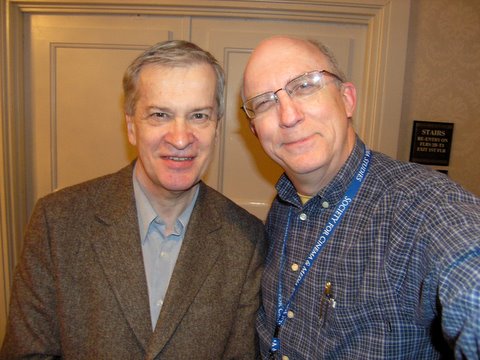

Until they made their contribution we had talked a lot about feminism in the CCCS, but not always in reference to the latest publications. What is important is that a generation of researchers such as Angela McRobbie, Janice Winship or Charlotte Brunsdon brought in a feminist perspective. We constantly tried to "translate" raw theory into a language understood outside of the university as well. According to one of them one should write in a straightforward and simple manner, while according to the other camp theory should be reclaimed for the use of the political project of cultural studies. The use of theory was the main problem discussed at the Centre On the other hand, when I thought about my mother who was a great albeit not particularly well educated woman, I did not delude myself into thinking that after reading one of my articles she would start to vote Labour. We even organized summer schools with a communist party and engaged in adult education.

We emphasized the class category because we already felt we were part of other communities such as the feminist movement and LGBT, which gave us motivation to become politically engaged. One of the ways we found was to publish a community newspaper so as to make academic knowledge more accessible. Some of us would constantly repeat that we should take our work outdoors, but we did not know exactly how to go about doing it.

Anyway, that was the premise of the CCCS, not to become separated from ordinary people, especially those from working class.Īnd that was often a bit of fantasy…Wasn’t it? My newest book on serial killers in cinema will also have a political dimension. RD: I was Stuart Hall's student and I still think of my works as political texts. SN: You began your academic career in the 1970s at the Centre for Contemporary Cultural Studies (CCCS) in Birmingham, a research centre which specialized in combining academic and political activity.


 0 kommentar(er)
0 kommentar(er)
